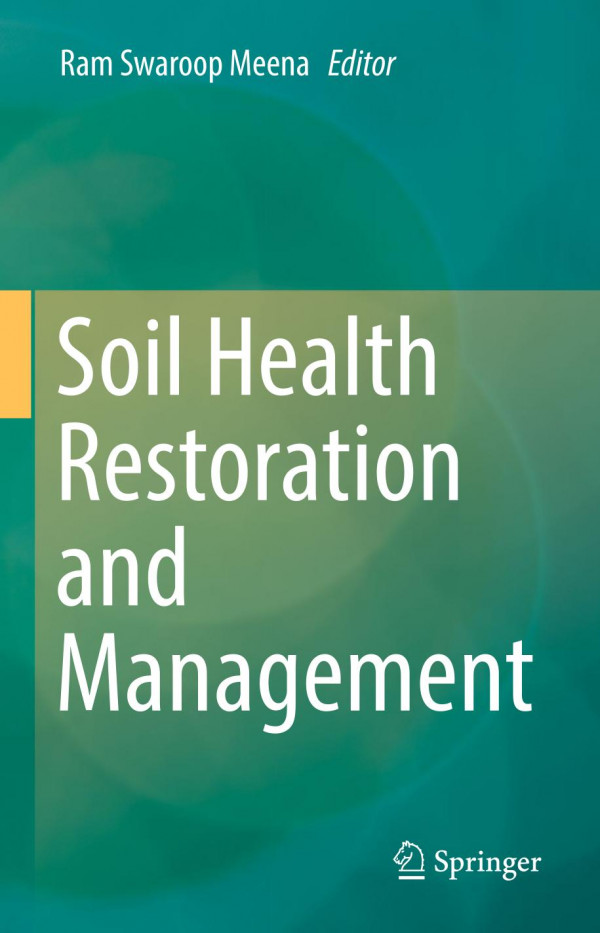

Most ebook files are in PDF format, so you can easily read them using various software such as Foxit Reader or directly on the Google Chrome browser.
Some ebook files are released by publishers in other formats such as .awz, .mobi, .epub, .fb2, etc. You may need to install specific software to read these formats on mobile/PC, such as Calibre.
Please read the tutorial at this link: https://ebookbell.com/faq
We offer FREE conversion to the popular formats you request; however, this may take some time. Therefore, right after payment, please email us, and we will try to provide the service as quickly as possible.
For some exceptional file formats or broken links (if any), please refrain from opening any disputes. Instead, email us first, and we will try to assist within a maximum of 6 hours.
EbookBell Team

4.7
86 reviewsMeeting the food requirements of an ever-increasing population is a pressing challenge for every country around the globe. Soil degradation has a negative impact on food security by reducing the cultivated land areas, while at the same time the world population is predicted to increase to 9.2 billion in 2050. Soil degradation adversely affects soil function and productivity and degraded soils now amount to 6 billion ha worldwide. The major factors are salinization, erosion, depletion of nutrients due to exhaustive agricultural practices and contamination with toxic metal ions and agrochemicals, which reduces the activity of soil microbe. In addition, poor soil management also decreases fertility.
As such, measures are required to restore the soil health and productivity: organic matter, beneficial microorganisms and nutrient dynamics can all improve the physical, chemical and biological properties of soil. Understanding the role of soil health restoration and management in sustainability and nutritional security calls for a holistic approach to assess soil functions and examine the contributions of a particular management system within a defined timescale. Further, best management practices in cropping systems are important in ensuring sustainability and food and nutritional security without compromising the soil quality and productivity potential. Rational soil management practices must allow environmentally and economically sustainable yields and restoration of soil health.